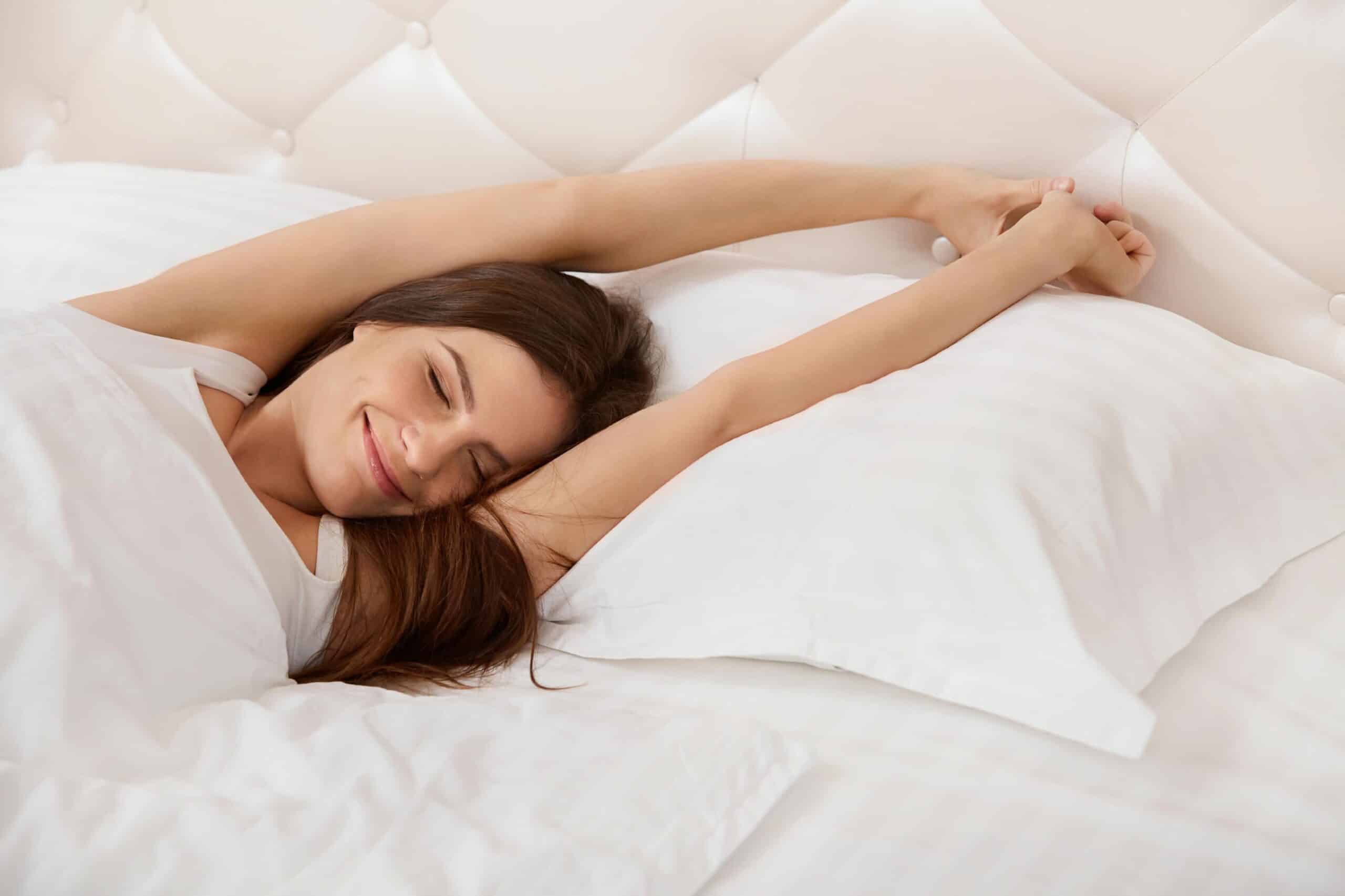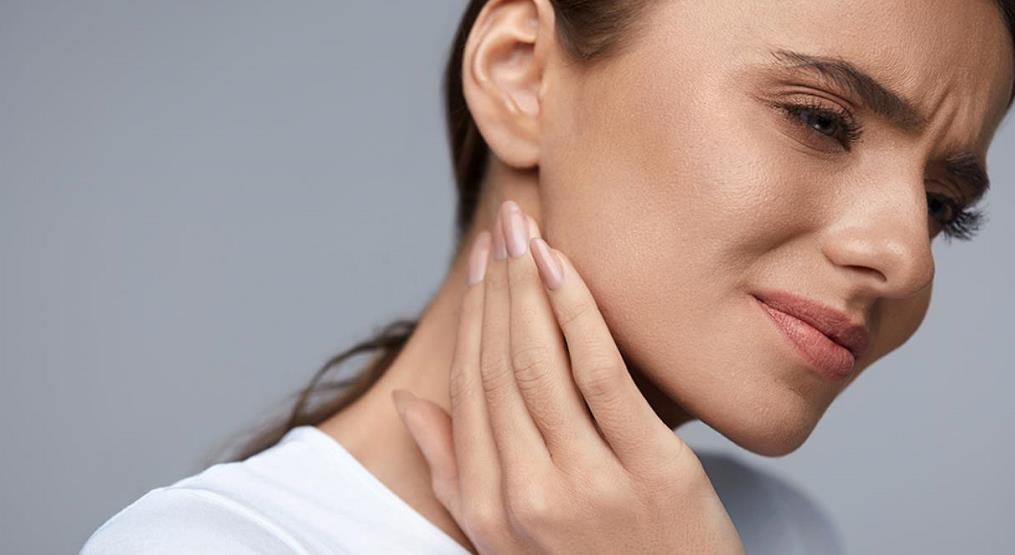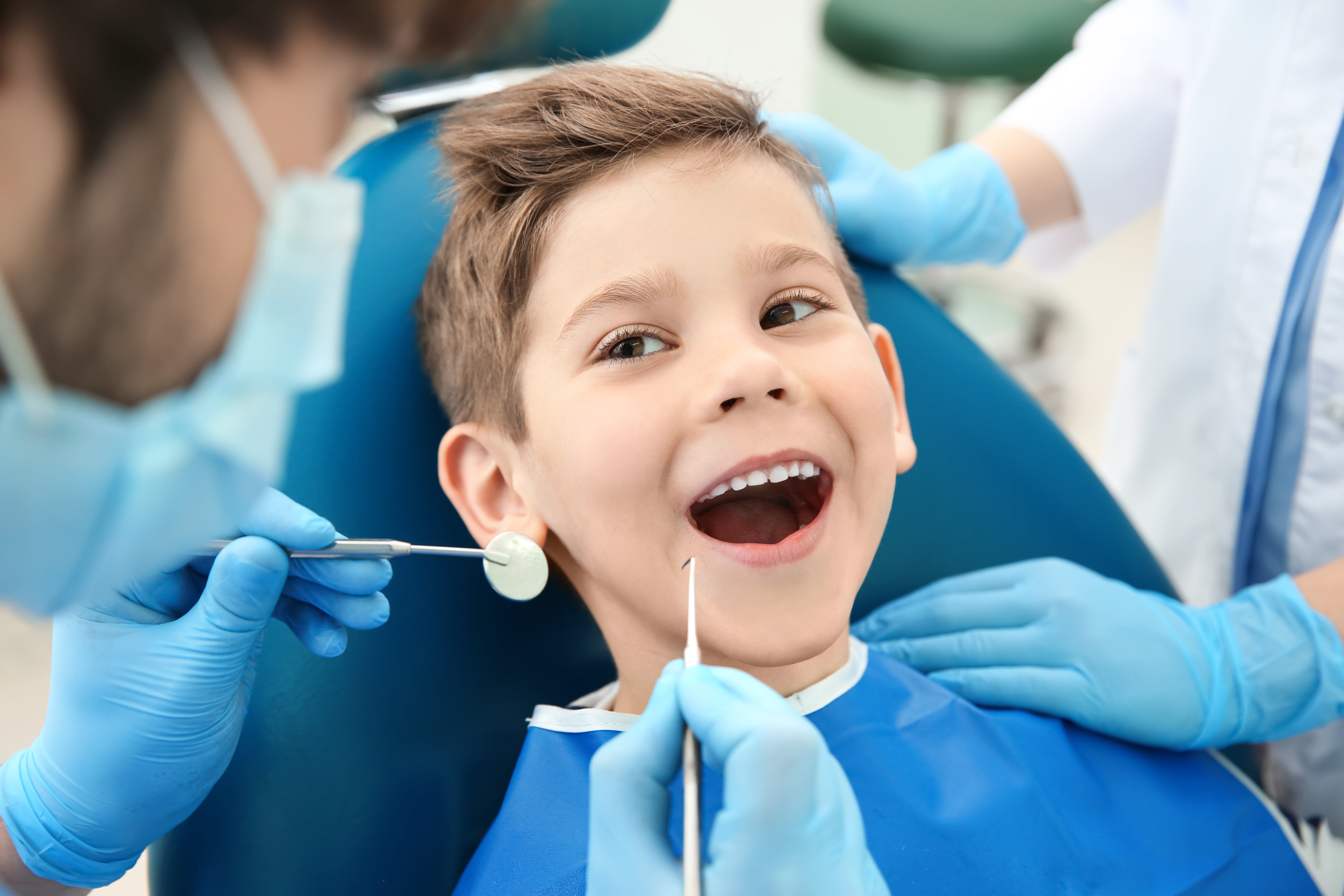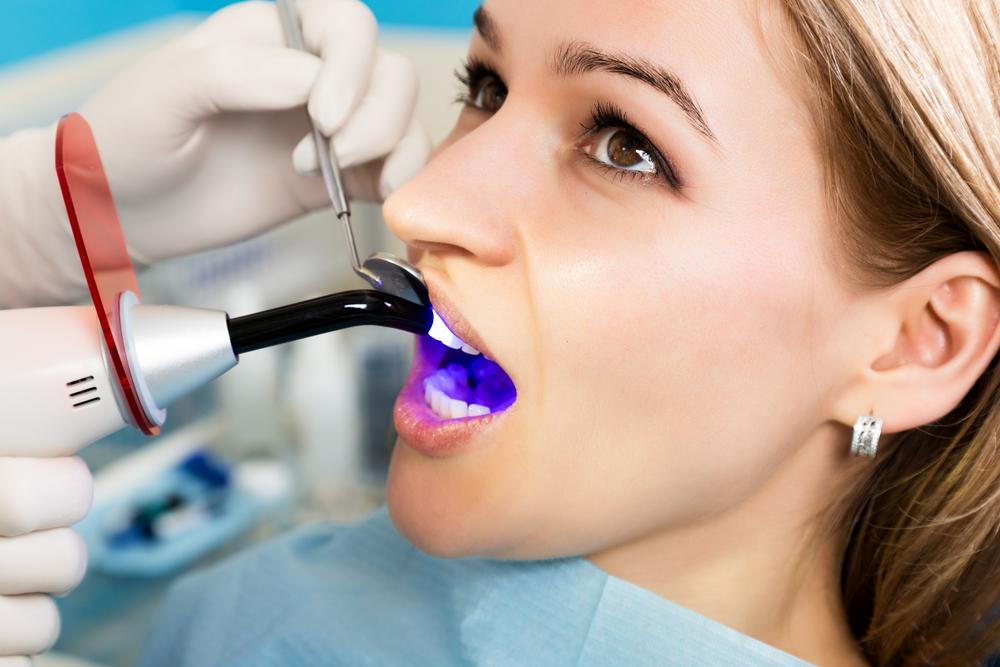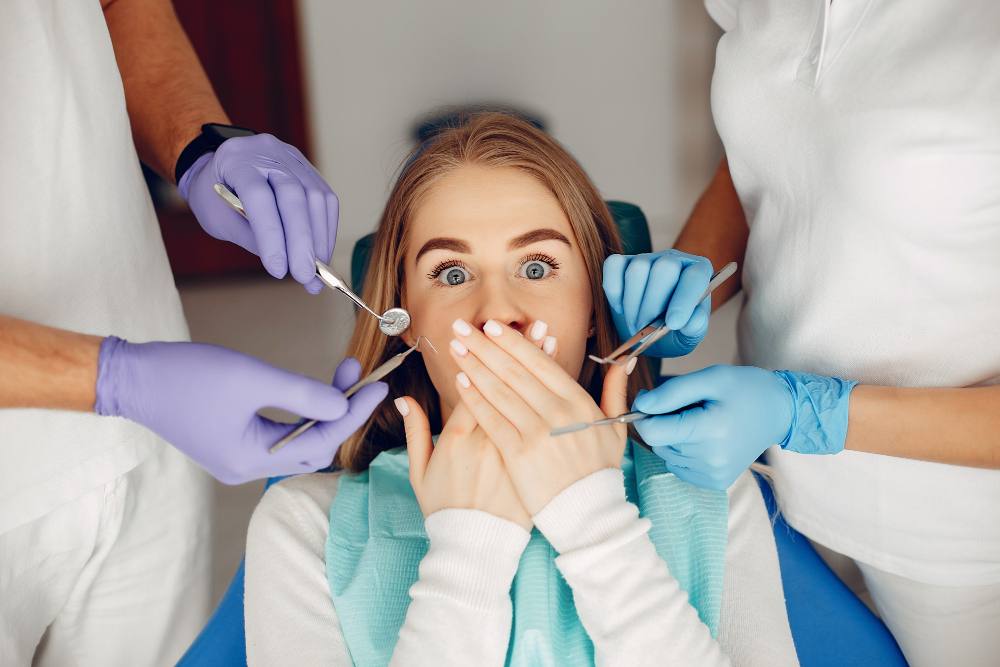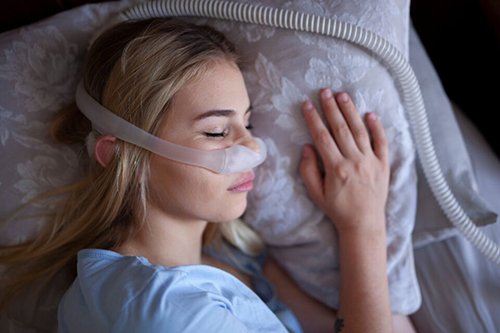
As an alternative to CPAP machines, oral appliances have gained popularity as a treatment option for OSA. These devices, also known as mandibular advancement devices, are custom-fitted by a dentist and work by repositioning the jaw and tongue to help keep the airway open during sleep.
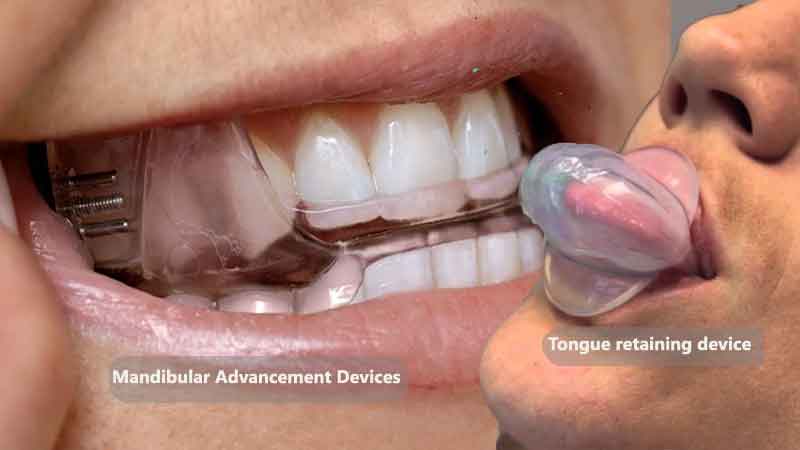
But do oral appliances work as well as CPAP machines in treating OSA? The answer is not a simple yes or no, as the effectiveness of each treatment option can vary depending on the individual patient and the severity of their condition.
CPAP machines are generally considered to be more effective in treating moderate to severe cases of OSA, as they provide a constant flow of air pressure to keep the airway open throughout the night. However, compliance with CPAP therapy can be a challenge for some patients, as the mask can be uncomfortable to wear and noisy while in use.
On the other hand, oral appliances have been shown to be effective in treating mild to moderate cases of OSA, particularly in patients who are unable to tolerate CPAP therapy. These devices are small, portable, and easy to use, making them a more convenient option for some patients.
A recent study published in the Journal of Dental Sleep Medicine compared the effectiveness of CPAP machines and oral appliances in treating OSA. The study found that both treatment options were effective in improving symptoms of OSA, such as snoring and daytime sleepiness. However, CPAP machines were found to be more effective in reducing the number of apnea-hypopnea events per hour of sleep.
In addition, a large scale prospective randomised controlled trial published by our dentist at Cluny Court Family Dental, Dr Loke Weiqiang, found that oral appliance therapy with a mandibular advancement device was not inferior to CPAP treatment in lowering blood pressure in a group of asian patients diagnosed with hypertension.
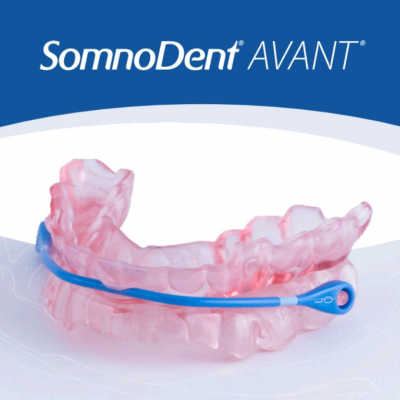
Ultimately, the choice between CPAP machines and oral appliances as a treatment for OSA should be based on individual patient preferences and needs. Some patients may find CPAP therapy to be more effective in treating their condition, while others may prefer the convenience and comfort of using an oral appliance.
At the end of the day, it is important for patients with OSA to work closely with their healthcare provider to determine the best treatment option for their specific needs. Both CPAP machines and oral appliances have been shown to be effective in treating OSA, and the most important factor is finding a treatment option that works best for each individual patient.

